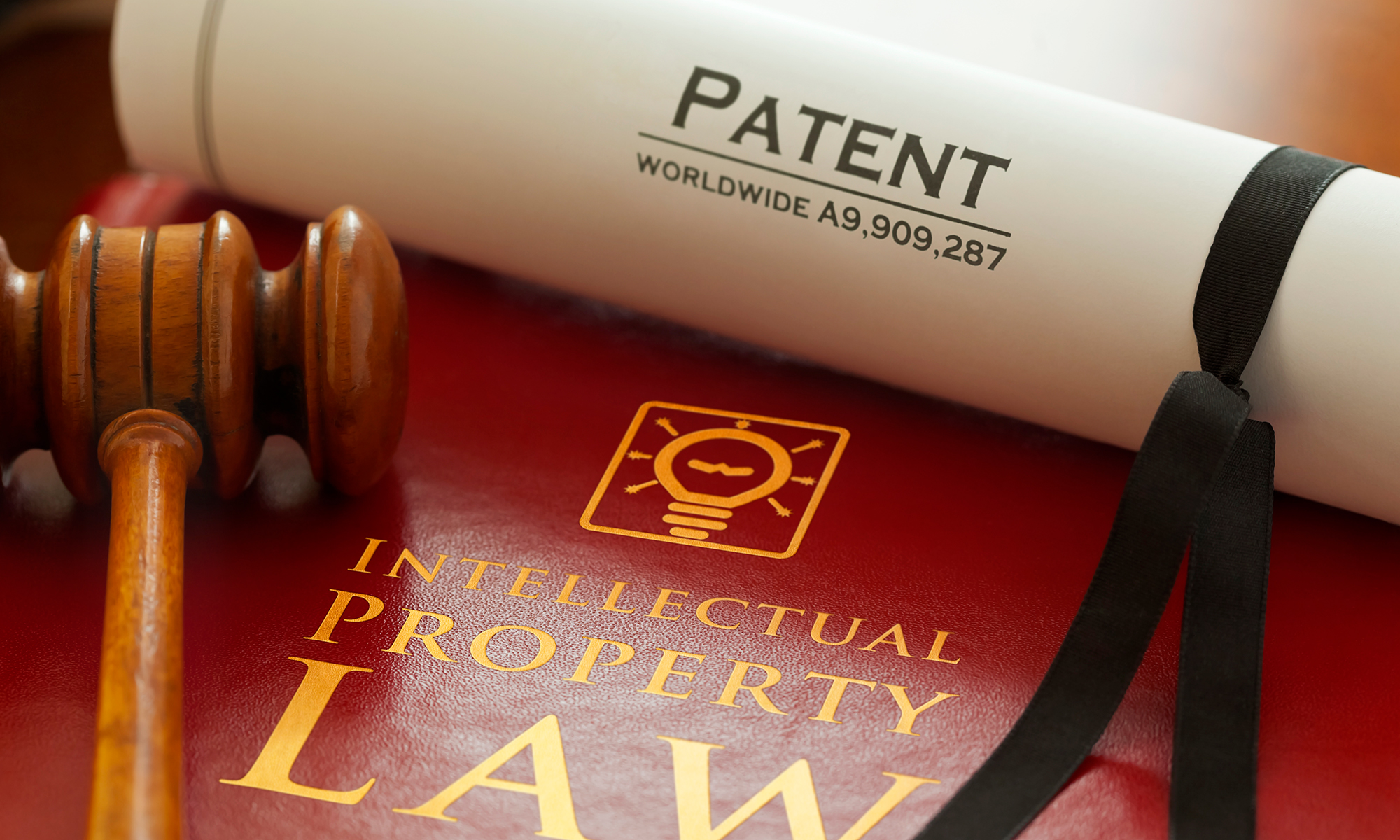Overview
As recently noticed in the Federal Register, the Patent Trial and Appeal Board’s (PTAB or Board) new motion to amend (MTA) procedures are now in effect as a one-year pilot program. [1] In sum, the patent owner (PO) now has the option to ask for preliminary guidance from the Board about its substitute claims in a first MTA, and can file a revised motion—with new substitute claims—after either the petitioner’s opposition paper or, if guidance was requested, after the Board issues its preliminary guidance. The revised MTA then generates a further opposition opportunity for the petitioner on a tight, six-week turnaround. In this article, we highlight important details of the new procedures, discuss the impact to PTAB practice, and provide some practice pointers to consider when forming PTAB strategy under the new procedures. Continue reading “Now in Effect – PTAB’s New Motion to Amend Procedures”
